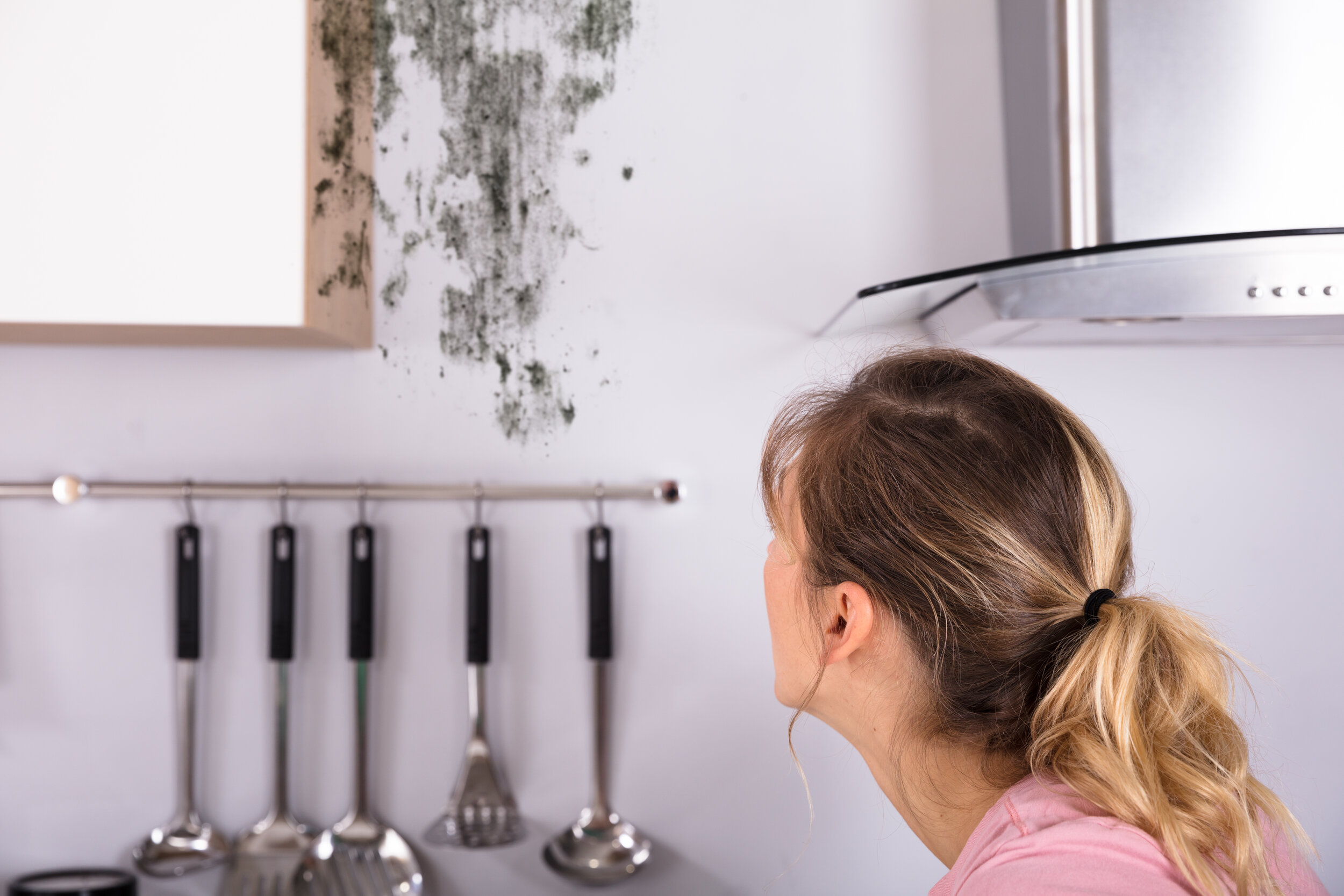Signs of Mold or Water Damage in Your Kitchen
Water damage and mold growth can wreak havoc on your kitchen, so it’s important to get these problems resolved before your kitchen is no longer safe to use. Keeping an eye out for these signs of mold and water damage will help you stay on top of what’s going on in your kitchen better so that you’ll be able to call for professional help to save your kitchen from the damaging effects of moisture and fungal colonies that could grow.
Unusual Odors
It’s not uncommon for kitchens to smell bad sometimes because of trash, leftover food scraps or aromas from cooking, but the unusual odors could also be caused by a water leak or mold growth. The smell could be coming from rotting drywall or other building materials that may have water damage on the inside that isn’t visible. A persistent musty or earthy smell could mean that mold is growing somewhere in your kitchen that might be difficult to see.
Stains on Walls and Floors
Both water damage and mold can leave stains on walls and floors. Stains from both moisture and mildew growth often appear dark or may have shades of brown and green. Looking over your walls and floors regularly can help you spot this problem in its earliest stages. It’s also a good idea to check the sections of your walls that are located beneath your sink and inside cupboards and pantries so that no stains from water damage or mold growth go unnoticed.
Paint Damage
If you notice any damaged paint in your kitchen that’s caused by mold or moisture, contractors from a company like Servpro of Beaufort County may need to be called to remediate the situation and keep the damage from worsening. Both mold and moisture can cause paint to chip away and may even erode the material that’s underneath the paint. After your water or mold problem has been resolved, you may be able to repair the paint damage with a little touch-up paint, or you might need to have large sections of your kitchen walls repainted if the damage is more severe.
Wet or Damp Items
Cooking appliances, kitchen utensils and other items in your kitchen that feel very wet when you go to use them is a definite sign of a water leak, but you should also be aware of any items that feel slightly damp, as this could be a sign of a slower water leak. You might also notice moisture spots that are left behind on surfaces after you’ve moved certain items that are wet on the bottom. Mold that grows on some of your items can also feel moist to the touch.
Your kitchen shouldn’t be overrun by a water or mold problem. Contractors who specialize in mold and water damage remediation can help restore your kitchen to its excellent quality so that you’ll have a better place to prepare your favorite meals.


